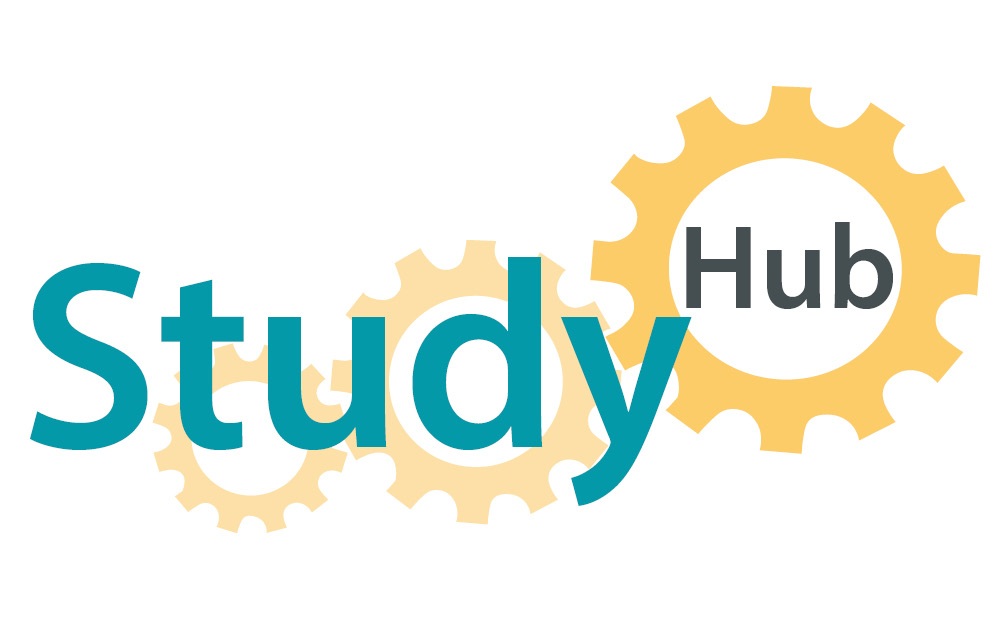Summary
It is often documented that students are serial multitaskers. Multitasking harms productivity and assignment performance. What can be done about this?
A study carried out by Professor James Kraushaar and Professor David Novak, of the University of Vermont, found that students engage in substantial multitasking behaviour in lectures. In particular, they have non-course-related apps, like Facebook, open and active on their laptops about 42% of the time [1]. Research has also shown that multitasking is more prevalent in blended learning courses than in ordinary face-to-face courses [2].
Multitasking is where somebody is doing more than one task at once (e.g. a student texting a friend while in a lecture). What is the issue with this?
Primarily, it is a productivity killer. While switching from one task to another might seem like it only takes a few seconds, this time adds up when an individual switches repeatedly. Also, when switching tasks, individuals need to let their mind adjust to think about the new task they are going to be doing. This uses up a considerable amount of their glucose, which neurons need to function optimally [3]. Lower glucose levels can make them struggle to settle and concentrate on the tasks they are doing. So, multitasking can hinder productivity. One study has shown that it can do so by as much as 40% [4].
Productivity is not the only issue, however. Multitasking can also negatively affect a student’s performance in assignments and exams [1]. This is because learning while multitasking sends new information to the wrong part of the brain, according to Professor Daniel Levitin, a neuroscientist from McGill University in Canada [3]. If students study and watch TV simultaneously, for example, the information from studying goes to the striatum, a region specialised for storing new procedures and skills, not facts and ideas. Without watching TV, the information goes to the hippocampus, where it is organised and categorised, making it easier to retrieve in assessments [3].
In addition to these issues, multitasking can lead to increased levels of annoyance and anxiety [5], which may have further negative effects on a student’s ability to study and socialise.
How could you try to stop yourself from multitasking? The Study Hub Blog’s Time Management article might be a good starting point. It provides some ideas on how to plan effectively, learning to say “no” to people and blocking social media while studying.
There are other strategies you can use too. Research carried out by Professor Matthew Killingsworth and Professor Daniel Gilbert, psychologists at Harvard University, found that around 47% of our waking hours are spent thinking about something other than what we are doing [6]. If this is an issue for you when studying, then it could be worth thinking about how to put other things out of your mind. For example, rather than keeping all of your study plans as mental notes, you could try writing everything down in a diary [7]. That way, you will know that everything is stored accurately, and you could refer to it when you have finished the task in hand.
You could also think about your workspace. If you have books and work from different courses on your desk, your eyes may be tempted to wander, making you want to start other tasks. Instead, try to have only those resources which are relevant to your current task on your desk may be a good idea. Additionally, trying to separate where you study from where you do other activities, like online shopping or news reading, could be useful. If you are in an environment where you only study, it may condition your brain to focus solely on your course material, not distractions [8].
Focusing on one piece of work at a time can be difficult. But by experimenting with ways to help you stop multitasking, you can start to boost your productivity, academic performance and mood.
Reference list
[1] Kraushaar, J. and Novak, D. (2010) ‘Examining the Affects of Student Multitasking With Laptops During the Lecture.’ Journal of Information Systems Education System 21(2): 241-251. Available at: https://www.proquest.com/scholarly-journals/examining-affects-student-multitasking-with/docview/745597375/se-2 [Accessed on 13th March, 2025]
[2] Manwaring, K., Larsen, R., Graham, C., Henrie, C. and Halverson, L. (2017) ‘Investigating student engagement in blended learning settings using experience sampling and structural equation modelling.’ The Internet and Higher Education 35: 21-33. DOI: 10.1016/j.iheduc.2017.06.002.
[3] Levitin, D. (2015) ‘Want to learn faster? Stop multitasking and start daydreaming.’ The Guardian. Available at: https://www.theguardian.com/education/2015/oct/24/want-to-learn-faster-stop-multitasking-and-start-daydreaming [Accessed on 13th March, 2025]
[4] Rubinstein, J., Meyer, D. and Evans, J. (2001) ‘Executive Control of Cognitive Processes in Task Switching.’ Journal of Experimental Psychology: Human Perception and Performance 27(4): 763-797. DOI: 10.1037//0096-1523.27.4.763.
[5] Bailey, B. and Konstan, J. (2006) ‘On the Need for Attention-aware systems: Measuring Effects of Interruptions on Task Performance, Error Rate, and Affective State.’ Computers in Human Behavior 22(4): 685-708. DOI: 10.1016/j.chb.2005.12.009.
[6] Killingsworth, M. and Gilbert, D. (2010) ‘A Wandering Mind Is an Unhappy Mind.’ Science 330(6006): 932. DOI: 10.1126/science.1192439.
[7] Lisa (2019) ‘How to Avoid a Multitasking Burnout’ HSE Illuminated. Available at: https://spb.hse.ru/soc/illuminated/news/314473018.html [Accessed on 13th March, 2025].
[8] Pullein, C. (n.d.) ‘How to Stop Multitasking and Become Way More Productive.’ Lifehack. Available at: https://www.lifehack.org/792689/how-to-stop-multitasking [Accessed on 13th March, 2025].



